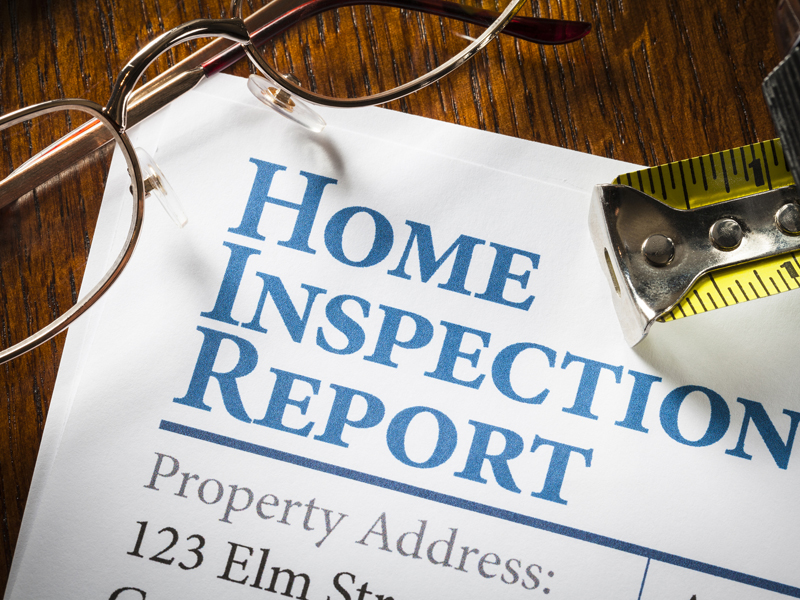Understanding the home appraisal process and its importance
 The home appraisal process plays a critical role in ensuring a fair and smooth transaction when buying a home. Whether you’re a first-time buyer or a seasoned homeowner, understanding how appraisals work and their significance gives you an edge in a competitive real estate market.
The home appraisal process plays a critical role in ensuring a fair and smooth transaction when buying a home. Whether you’re a first-time buyer or a seasoned homeowner, understanding how appraisals work and their significance gives you an edge in a competitive real estate market.
DEFINING THE HOME APPRAISAL
A common question’ especially among first-time home buyers who come across this term, is “What is an appraisal in real estate?” Investopedia.com defines home appraisal as an “unbiased professional opinion of a home’s value.” In home-buying and selling transactions, the appraisal is used to determine whether the home’s contract price is appropriate given the home’s condition, location, and features. It is also used in mortgage refinancing, where it serves to assure the lender that they’re not loaning the borrower more money than the home is worth.THE APPRAISAL PROCESS AND COSTS
A home appraisal is usually required by the lender as a way to protect their interests while granting loans. This typically costs the borrower between $300 and $450, but the fee may vary based on the size and condition of the home and the level of detail needed. What’s the appraisal process for a home? It’s pretty straightforward. The moment when both the buyer and seller agree to have this done, it is scheduled immediately to allow enough time for a property visit and to make a report. The lender selects a state-licensed appraiser who will coordinate a time for a home visit with the seller.Step 1: The inspection
During this stage, appraisers traditionally review the home’s interior and exterior to make sure it is in sound structural shape, confirm that there aren’t any safety issues, note the number of rooms, and see if there have been any major upgrades or renovations since the last real estate transaction. The appraiser usually takes photos throughout the house during the walk-through, and the homeowners may even be present, especially if they still live there. While buyers may request to accompany the appraiser during this inspection, it’s not a common occurrence.Step 2: Getting the appraisal value
A significant factor in this step is the price of comparable recently sold homes, particularly those that share similar characteristics with the house being appraised and are within its general vicinity. Appraisers typically review government records and home sale information from the MLS to get this comparative information.Step 3: Determining the valuation approach
The appraiser may take either a sales comparison approach to assess the home’s value or a cost-based approach which estimates the cost to build that home today combined with the property’s land value.THE HOME APPRAISAL TIMETABLE
The entire home appraisal process typically takes a few days to a week, depending on various factors. However, once the mortgage lender has selected a third-party appraisal, it should take up to 48 hours for the professional to schedule the home visit. The appraisal itself may take as little as 30 minutes or up to a few hours. From there, it will most likely take a few days to a few weeks to produce an appraisal report depending on factors like the size or complexity of the home, the appraiser’s workload or schedule, and when the lender ordered the appraisal. The appraisal report should include a detailed market analysis, along with a report on the home’s condition.HOME APPRAISAL TIPS FOR HOME BUYERS
To navigate the appraisal process successfully, the home buyer should keep the following tips in mind:- UNDERSTAND THE COSTS. As the buyer, you will be responsible for covering the appraisal fees, which may range from $300 to $450.
- BE PRESENT DURING THE APPRAISAL (IF POSSIBLE). While not required, attending the appraisal will give you insights into the process and allow you to ask questions.
- RESEARCH THE APPRAISER. Ensure the appraiser is licensed, experienced, and familiar with the local market.
- THOROUGHLY REVIEW THE APPRAISAL REPORT. Look for any errors or omissions that could impact the home’s value.
- KNOW YOUR OPTIONS IF THE APPRAISAL IS LOW. If the appraised value is lower than the sale price, you’ll want to negotiate with the seller, appeal the appraisal, or walk away from the deal.

